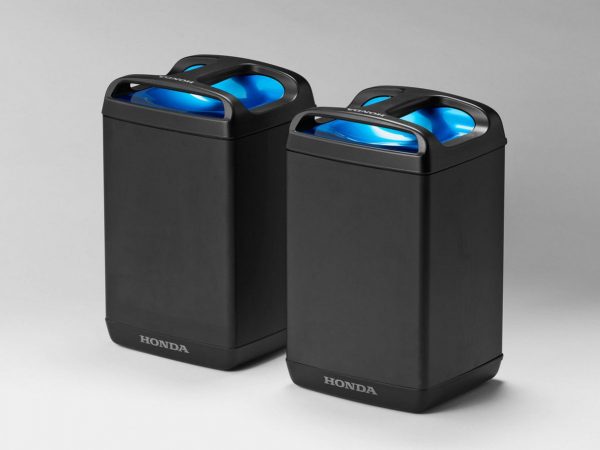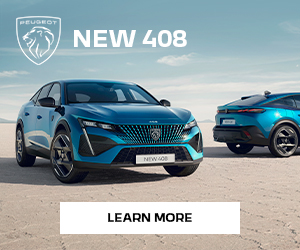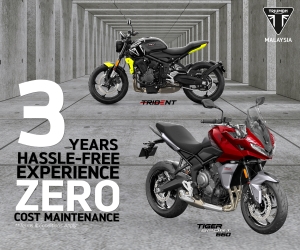Japan’s Big Four Join Forces On Battery-Swapping Tech
Honda, Kawasaki, Suzuki and Yamaha team up to promote the use of electric motorcycles in their home country
The ‘Big Four’ Japanese motorcycle manufacturers – Honda, Kawasaki, Suzuki and Yamaha – have recently announced an agreement for standardised battery-swapping and replacement systems for electric motorcycles.
The Swappable Battery Consortium for Electric Motorcycles formed by the four manufacturers almost two years ago hopes the move will boost the adoption of electric motorcycles in Japan.

The specifics of the agreement have yet to be revealed but it is very likely that electric motorcycles across the four brands would use the same battery design to make swapping possible. It is also said that the manufacturers will join forces to develop a support infrastructure of battery swapping and charging facilities throughout the country.
The wide availability of these facilities will definitely help eliminate range anxiety and put an end to lengthy charging times, thus increasing the acceptance of e-bikes as a greener and more convenient form of mobility.

PRESS RELEASE
The Swappable Battery Consortium for Electric Motorcycles (Consortium) has reached an agreement to standardize swappable batteries and replacement systems, allowing battery sharing and paving the way for increased adoption of electric motorcycles in Japan.
The Consortium was established by Honda Motor Co., Ltd., Kawasaki Heavy Industries, Ltd., Suzuki Motor Corporation and Yamaha Motor Co., Ltd. in April 2019, aimed at increasing the adoption of electric motorcycles in Japan. Since its inception, the Consortium has been formulating the standards for mutual-use swappable batteries and their replacement systems, as a solution to the issues preventing widespread adoption of electric motorcycles as a more environmentally friendly and convenient form of mobility – the drive range and reduction of charging time. In order to establish the convenience and effectiveness of mutual-use swappable batteries, the Consortium has been cooperating since last year with the “e Yan OSAKA” field tests conducted by the Japan Automobile Manufacturers Association’s Electric Motorcycle Promotion Subcommittee in collaboration with Osaka Prefecture and the national university corporation Osaka University, aimed at popularizing and increasing the adoption of environmentally-friendly electric motorcycles.
Parts of the common specifications agreed upon are compliant with the Society of Automotive Engineers of Japan, Inc. Organization (JASO) technical paper TP21003 issued on March 19. The Consortium will conduct technical verification and standardization of mutual-use swappable batteries, based on these common specifications. With the heightening worldwide demand for the electrification of mobility to realize a carbon neutral society, the Consortium will work hand in hand with the Japan Automobile Manufacturers Association to realize international mutual-use (international standardization).
As environmental awareness increases globally, the Consortium believes that cooperative consideration and promotion within the entire motorcycle industry, to build an environment for widespread adoption within the motorcycle industry, is vital to motorcycles continuing to be the customers’ mobility of choice, and aims to contribute to the realization of a carbon-neutral society.
■Noriaki Abe | Consortium Representative Secretary, and Managing Officer, Motorcycle Operations, Honda Motor Co., Ltd.
“This agreement for the standardization of mutual-use batteries is an achievement made possible through the four Japanese motorcycle manufacturers working together over the past two years. I am grateful to all those associated with the Consortium and the Society of Automotive Engineers of Japan, Inc. for their understanding and support. While we will continue cooperation to build an environment allowing battery mutual-use based on our agreement, we will also be competing with each other to develop attractive products that meet the needs of our customers. Through our efforts in both cooperation and competition, we will work towards the widespread adoption of electric motorcycles to realize a sustainable society.”














